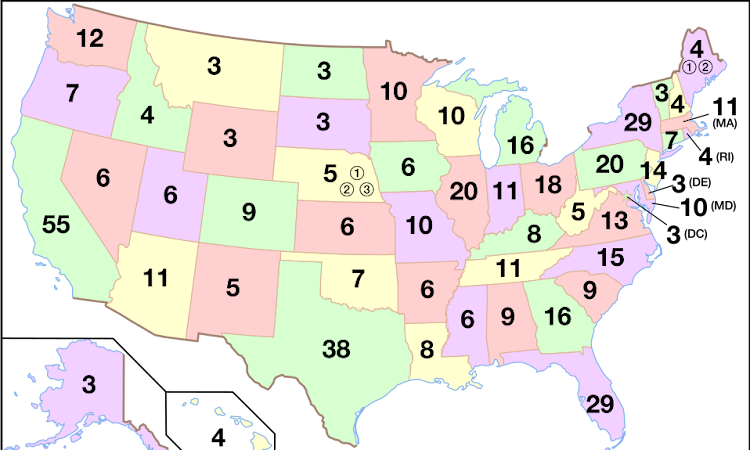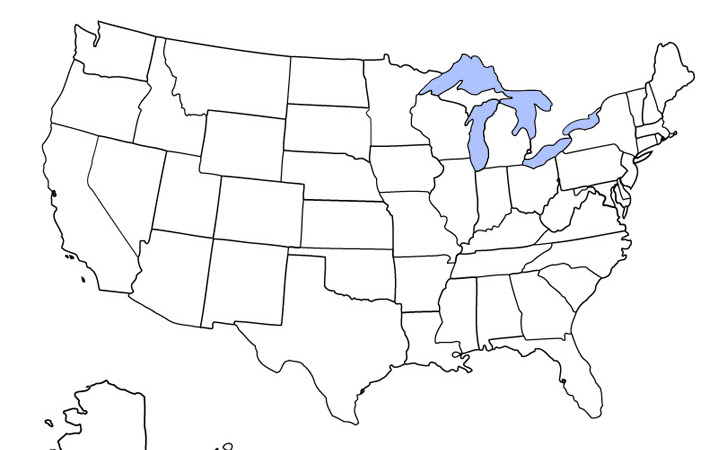Asia covers a mammoth land area of 49,694,700 km², so it naturally has a large amount of geographic and climatic variation. Climate types range from the deserts and sand dunes of Saudi Arabia and the Persian Gulf area, to subartic and arctic tundra in northern Russia, to the tropical wet climate of Philippines, Indonesia, Malaysia, southern Vietnam, and much of Thailand. Much of Northeast Asia (including eastern China, Korea, and Japan) has a temperate climate, classified as either humid subtropical (with hot wet summers and cool dry winters) or humid continental (with a large difference between summer temperatures and winter temperatures).
I live in Osaka, Japan which has a humid subtropical climate. It is very hot and humid in the summer, with short mild autumn and spring seasons, and with a cool-cold winter (you need to wear warm clothing, but we see only a few flakes of snow each year, and it melts as soon as it hits the ground). There is also a rainy season from approximately mid-June to mid-July, when the weather is warm and sticky.
Below you can find a climate map of Asia to illustrate the climatic variation of Asia.
Here is an excellent and very practical climate map of China for travellers to the country. It gives you advice about how to pack and prepare for weather conditions in various regions and different seasons.
I hope you found the above climate maps useful. LIKE, SHARE, or TWEET this page if you found it helpful! :) Thanks!









.png)
0 Comments